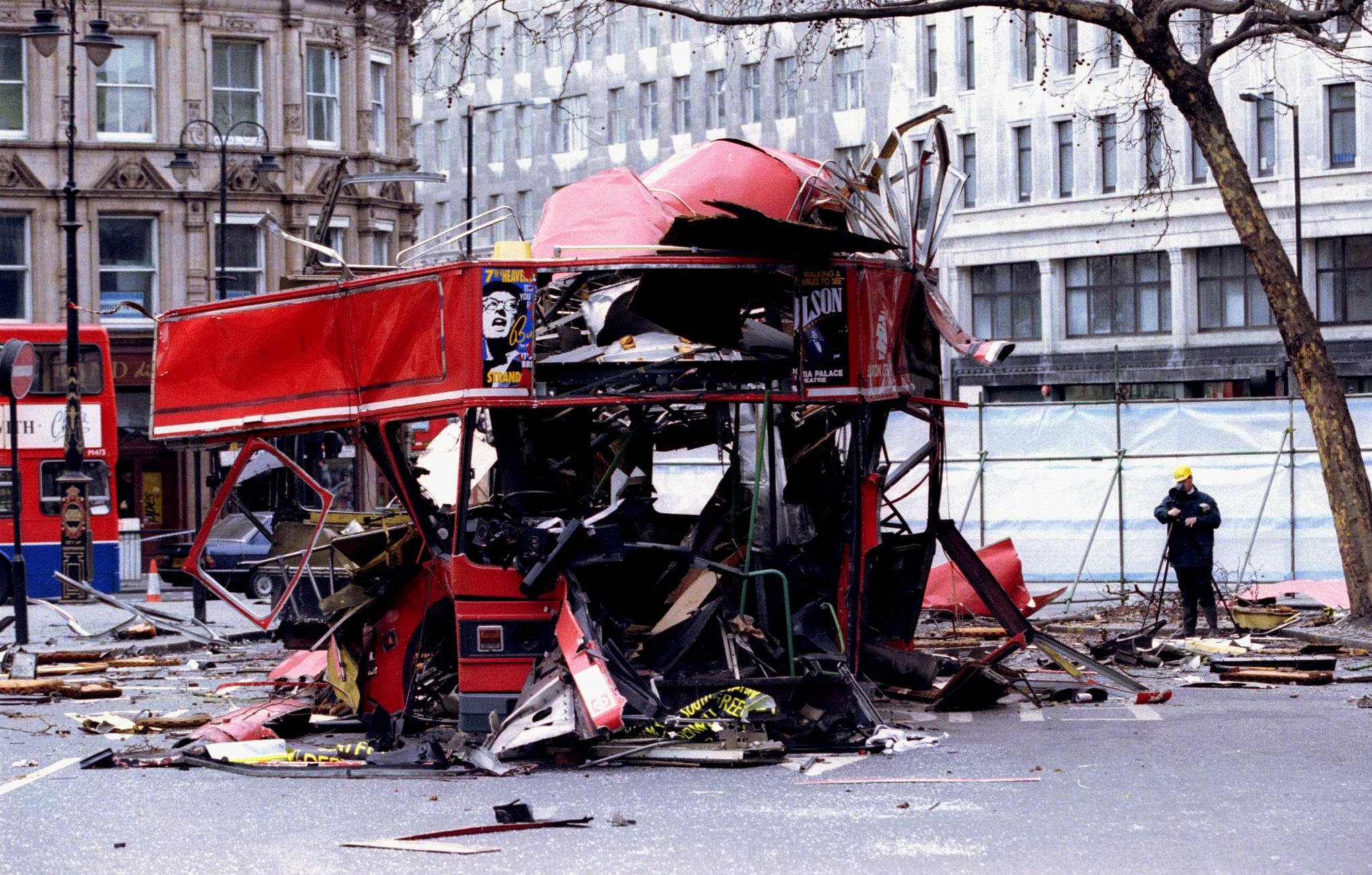
This article was originally published on The Conversation. Read the original article.
The attack on Manchester Arena is the deadliest on British soil since the July 7 bombings of 2005, in which four suicide bombers killed 52 people in central London.
It is also the latest event in a long history of terrorism in Britain. And it is a history that transcends the narrow political and religious dimensions often associated with it today.
It is almost impossible to pinpoint the very first act of terrorism carried out within British territory. The most famous incident in early modern history is probably the gunpowder plot of 1605 when Guy Fawkes attempted to blow up the House of Lords. And although he is the best remembered (on November 5), Fawkes did not act alone. He was part of a larger network of 13 conspirators who sought to destroy parliament and trigger a popular uprising.
In the second half of the 19th century, European anarchism introduced the idea of "propaganda by deed" as a tactic of anti-government resistance. This consisted of the assassination of government officials and bomb attacks in public places such as cafes and theatres.
Although anarchist attacks were actually more common in continental Europe, England was an important hub for anarchist thought. The less restrictive laws of the United Kingdom made it a haven for radicals fleeing political repression in their own countries.
In the same period, the heavy death toll of the Great Famine in Ireland from 1846 to 1852 prompted calls for Irish home rule and resulted in the formation of networks of radical revolutionaries, the Fenians.
Although the largest Fenian campaigns were waged in Canada and in Ireland itself, attacks within England included the bombing of Clerkenwell Prison in London in 1867, in which 12 people were killed and more than 100 injured. The result was a severe backlash by British authorities and the public, which undermined the political reforms that would have made future attacks less likely.
In 1909, the Indian revolutionary Madan Lal Dhingra assassinated a British official on the steps of the Imperial Institute in London. This followed a number of assassinations and bombings in India, as militant networks of anti-colonial radicals attempted to destabilise British imperial rule by initiating a "reign of terror".
Dhingra was apprehended and executed, but his brazen attack in the middle of London provoked panic within metropolitan Britain. It also resulted in increasingly intrusive surveillance of Indian students in London. This in turn fuelled the fire of Indian nationalism, most famously manifested in Gandhi's non-violent independence movement.
A nation scarred
More recently, the IRA conducted a sustained insurgency against the British government from the early 1970s to the late 1990s. The bulk of the violence took place within the political and religious tensions of Northern Ireland. Belfast looked like a war zone, with hundreds of lethal attacks carried out by both the IRA and pro-British groups. The IRA also carried out acts of terror in England, including a truck bombing in Manchester in June 1996 that injured 220 people and caused some £700m of damage.
Terrorism, by definition, seeks to spread terror. It might be tempting to consider the early 21st century as a period of unparalleled and incomprehensible acts of senseless violence. But it is not. Sadly these kinds of acts are not new.
This does not mean we should resign ourselves to living in perpetual dread as we await the next attack, whether it's in Britain, France, Russia, Australia, Egypt or America. Nor that we should exacerbate the situation by lashing out against those who may make easy targets for retaliatory anger. But as we try to process the grief and rage that are natural reactions to the attack in Manchester, reflecting on the lessons of the past may be the surest route towards building a more peaceful future.
Joseph McQuade is a PhD Candidate and Gates Scholar at University of Cambridge.
Uncommon Knowledge
Newsweek is committed to challenging conventional wisdom and finding connections in the search for common ground.
Newsweek is committed to challenging conventional wisdom and finding connections in the search for common ground.
About the writer
To read how Newsweek uses AI as a newsroom tool, Click here.








